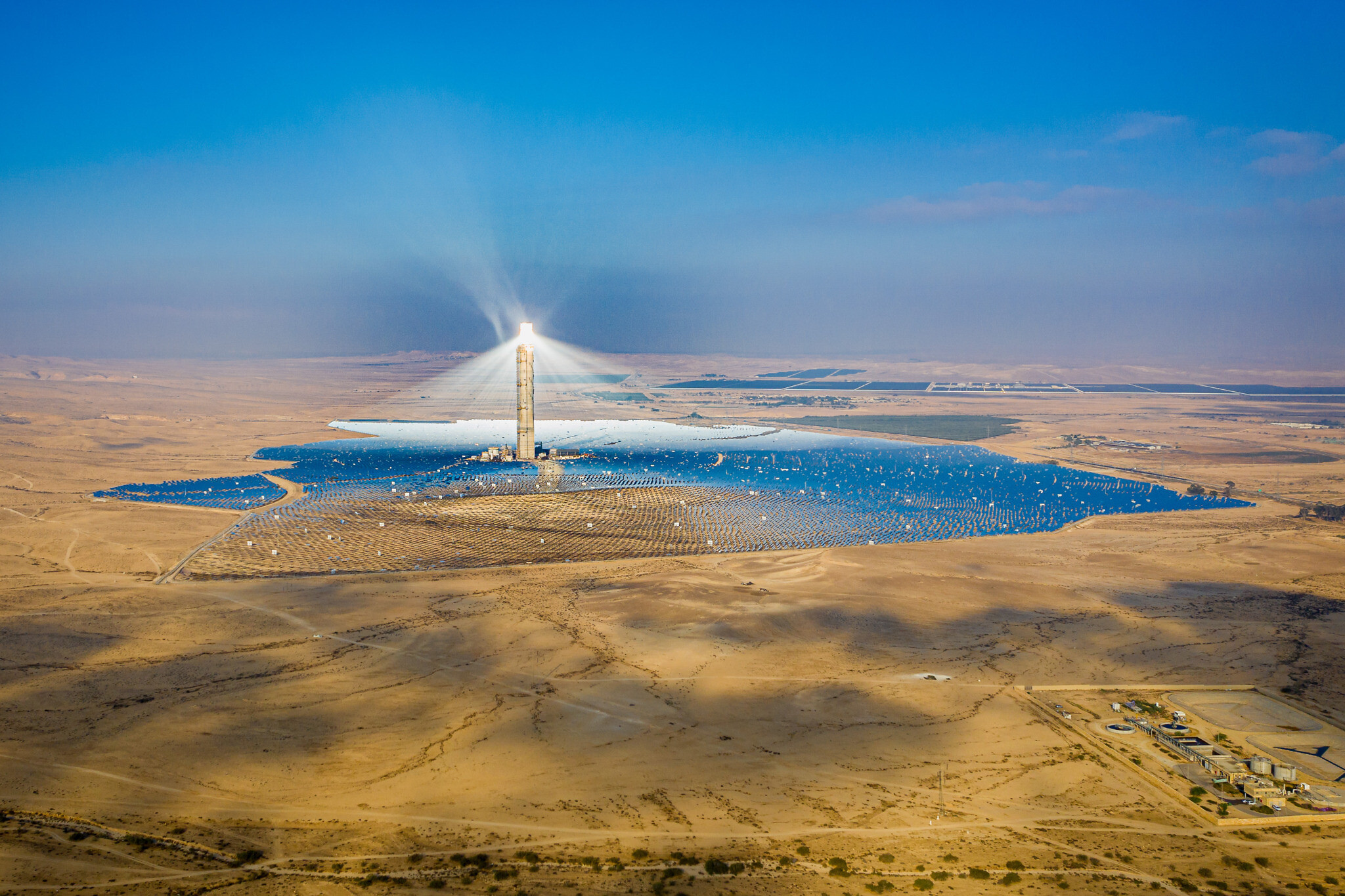Israel Issues Tender For Fifth Solar Energy Plant In The Negev Desert
time:2023-09-15 09:56:00 Views:0 author:Jinan Freakin Power Ltd.
The plant is set to start operations in the first quarter of 2027 with an annual capacity of 100 MW to help meet the goal of generating 30% of electricity from renewable energy.
Israel is advancing plans to build a fifth solar energy plant at Ashalim in the Negev desert as the government set itself a goal to generate 30 percent of electricity from renewable energy by the end of the decade. In a joint statement on Thursday, the Finance Ministry, Energy and Infrastructure Ministry, and Israel Electricity Authority announced the tender for the field of photovoltaic panels, which is set to start operations in the first quarter of 2027, and is expected to generate 100 megawatt (MW) a year. In the pre-qualification process, nine companies passed the threshold conditions and will now be able to compete in the tender, according to the statement. The tender comes after Israel’s fourth solar energy farm at Ashalim, a photovoltaic facility with a power capacity of 40 MW, started operating in July. Another two thermo-solar power fields at Ashalim generate 120 MW per year each and a photovoltaic one supplies 30 MW yearly. Together, the four stations in Ashalim – two thermo-solar power plants and two photovoltaic power plants – supply electricity totaling more than 300 MW yearly, which is less than 2 percent of the annual demand of the Israeli economy for electricity.

While today the transportation sector consumes less than 1% of the country’s electricity demand, by 2030 it is expected to make up about 6% of total demand, according to government estimates. With the goal of fully integrating EVs into the nation’s electricity grid, it is projected to account for 15% of total demand in 2050. “Like other countries in the world, the Israeli economy is faced with the challenges of growing demand for electricity, alongside the pursuit of reducing emissions and meeting the government’s goals for renewable energies,” said Accountant General Yali Rothenberg. “Israel has a high potential for producing electricity from solar energy on a significant scale, and we must actualize that potential it with determination by promoting renewable energy projects such as this one.”
Under the public-private partnership model, the developer is responsible for the planning, financing, construction and operation of the solar power plant for a period of 25 years, at the end of which the plant will be returned to the state. The government is currently advancing additional projects, including a solar complex near the city of Dimona with a capacity of up to 300 MW. Together, the projects are expected to reach a total power generation scope of over 700 MW annually.




